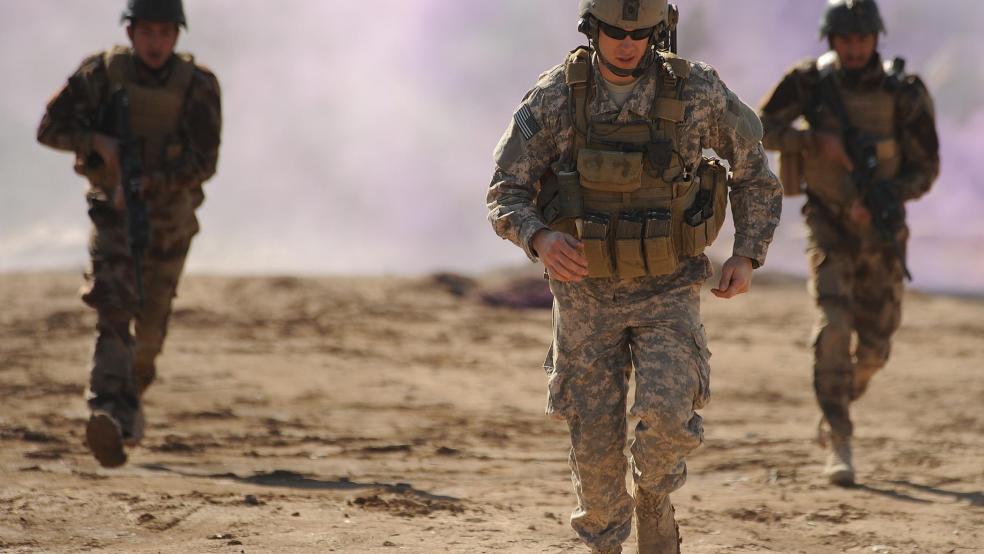The failed Special Forces operation to rescue American hostages held by the Islamic State of Syria and Iraq illustrates the limitations of the use of America’s most elite troops on the most difficult missions conducted by the Pentagon.
Special Operators - the SEALs in the Navy and the Green Berets and Delta Force in the Army are the best known - have taken on an air of invincibility in recent years. They have had high-profile successes for sure, such as the killing of Osama bin Laden and the rescue of Captain Richard Phillips, the American merchant mariner, from Somali pirates. They are arguably the best-trained solders in the world.
Related: Reporter’s Execution Could Unleash U.S. Against ISIS
As DOD shifts from a large war model to a small one, these troops have been elevated in importance. This is reflected in the Pentagon’s budget for next year: While the rest of DOD’s budget is shrinking, funding for Special Operations is on the rise. DOD plans to add 4,000 – swelling their ranks to nearly 70,000 – and is getting a budget bump of 10 percent to $7.7 billion.
While these troops are well trained and well funded, however, the success of their missions is not a guarantee. Most Special Operations missions are clandestine. But the Syria failure, combined with a second failure last year, shows that they are not invincible.
According to Defense Secretary Chuck Hagel, bad intelligence caused the Foley rescue operation to fail. DOD had outdated information about where the hostages were being held.
Related: With Iraq in Ruins, ISIS Turns to Genocide
“The fact is you all know intelligence doesn’t come wrapped in a package with a bow,” said Hagel at a Thursday news conference at the Pentagon. “It’s a mosaic of many pictures of many factors. The enemy always has a say in everything.”
In their second public failure last October, SEAL Team 6 - the team that killed bin Laden - was turned away from a Somali beach while attempting to capture a high-level leader of Al Shabaab, a group responsible for the attack on an upscale shopping mall in Kenya. In that instance, the SEALs were spotted before they could commence their operation – and faced heavier than expected resistance.
Looking bluntly at these failures is not the same as suggesting that the special operators involved did their jobs poorly. But a review does show that in conducting the most difficult missions in all of the American military, failure is sometimes an outcome.
Hagel suggested as much Thursday. "This operation, by the way, was flawless, but the hostages were not there,” he said.
Related: Republicans: ISIS's Next Target Is America
Hagel also hinted at the limitations of using Special Operations. He said that ISIS had grown so sophisticated that small teams of highly trained soldiers would not be enough to defeat ISIS.
“ISIL is as sophisticated and well-funded as any group that we have seen,” he said. “They’re beyond just a terrorist group. They marry ideology, sophistication of strategic and tactical military prowess – they are tremendously well funded. This is beyond anything that we’ve seen.
“So we must prepare for everything,” he added. “And the only way you do that is take a cold, steely, hard look at it and get ready.”
Top Reads from The Fiscal Times:





